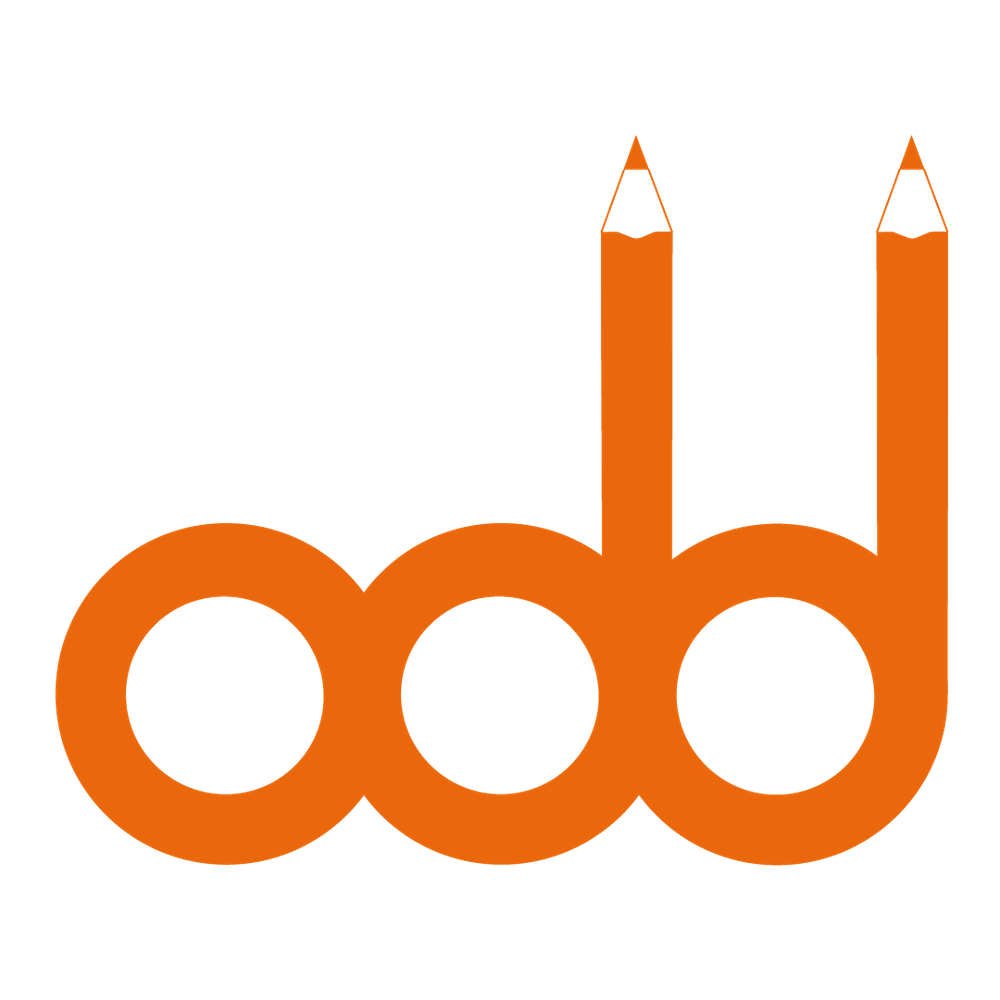Guiding Principles + Ethical Conduct
Office of Displaced Designers [ODD] is guided by a set of core principles that inform our approach to our work and relationships. These principles reflect our commitment to integrity, equity, and collaboration:
1. Truthful Communications:
We believe in honest and transparent communication. We strive to convey information accurately, openly, and ethically in all our interactions and engagements. This includes:
Providing clear and truthful information about our activities and impacts.
Ensuring that all organisational communications, including marketing materials and fundraising appeals are accurate and transparent.
Addressing conflicts of interest, disputes, or ethical concerns transparently and promptly, engaging all relevant stakeholders in open dialogue and resolution processes.
Acknowledging our limitations and managing expectations accordingly.
2. Responsible Action:
We recognise our responsibility to act with integrity, compassion, and diligence in ways that safeguard the well-being of the organisation, of stakeholders who interact with us, and of environments. This includes:
Fulfilling our legal and programmatic obligations in a conscientious and accountable manner.
Ensuring that resources are used efficiently and effectively to achieve organisational goals.
We will consider the reputation and ethical standing of prospective partner organisations and any associated individuals.
Taking all reasonable steps to mitigate harm by establishing and maintaining risk management policies and procedures.
Advancing sustainability justice (social, environmental, cultural, economic)
3. Accountability + Transparency:
We are accountable to our stakeholders and the communities we serve. We are committed to transparency in our operations, decision-making processes, and use of resources, ensuring that our actions align with our mission and values. This includes:
Adhering to best practices, documenting decision-making processes and making information accessible to stakeholders.
Establishing internal controls and oversight mechanisms to prevent unethical fundraising, fraud, mismanagement, or misuse of funds, and publishing accounts on the organisation’s website.
Establishing mechanisms for monitoring and evaluating organisational performance and impact, evaluating regularly and publishing results on the organisation’s website.
Establishing mechanisms for reporting and addressing ethical concerns or violations, ensuring accountability for ethical lapses or misconduct, and responding to allegations promptly with appropriate corrective action taken when necessary.
4. Decolonising Practice:
We acknowledge the historical injustices of colonisation and commit to ongoing learning, reflection, and critical examination of our practices, biases, and assumptions. We strive to centre and amplify marginalised knowledge, perspectives, and voices, and to actively dismantle systems of oppression and marginalisation. This includes:
Recognising the interconnectedness of individuals, communities, and ecosystems, and fostering relationships based on mutual respect, empathy, and collaboration.
Acknowledging the intersectional nature of identity and experience, recognising that individuals hold multiple and overlapping social identities that shape their lived realities.
Encouraging strategic thinking and long-term planning processes that prioritise thoughtful analysis, deliberation, and foresight.
5. Inclusive Practice:
We believe in creating inclusive and equitable environments where all individuals are valued, and respected. We actively address systemic inequities and barriers including those based on race, ethnicity, gender, sexuality, ability, and other identities and needs. This includes:
Making all reasonable accommodations to enable stakeholders to engage fully with consideration to identity, learning and communication preferences, physical abilities, and emotional and spiritual wellness.
Championing trauma-informed approaches to practice that promote holistic wellbeing and healing.
Ensuring that language access is prioritised to accommodate diverse linguistic needs and preferences.
6. Co-Creation + Exchange:
Collaboration and co-creation are fundamental to our approach. We understand the power of diverse perspectives, experiences, and expertise, and actively engage with stakeholders, partners, and communities in meaningful dialogue and reciprocal mutual exchange. This includes:
Encouraging interdisciplinary practice, engagement and knowledge sharing.
Creating conditions for all stakeholders, especially those who have been marginalised, to access and enact their power.
Including stakeholders in key decision-making processes to foster a sense of shared ownership and commitment.
Date of Adoption: [5th April 2024]
Next Review Date: [10th January 2025]

